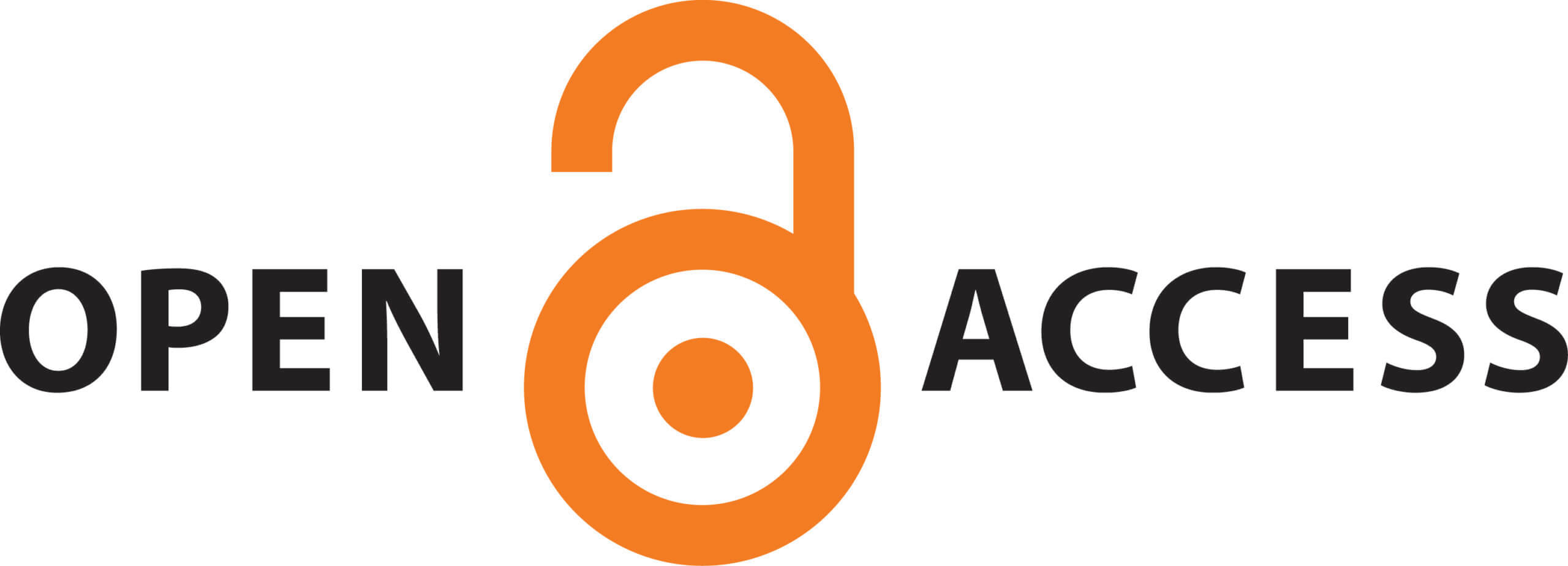Causal Relationship Between Relative Deprivation and Voting Behavior and Political Activism in Khyber Pakhtunkhwa, Pakistan
DOI:
https://doi.org/10.24312/ucp-jhss.03.01.214Keywords:
Relative Deprivation, Political Participation, Voting Behavior, Democracy, Khyber Pakhtunkhwa, PakistanAbstract
This study examines how relative hardship affects voting and participating in politics in Khyber Pakhtunkhwa, Pakistan. Khyber Pakhtunkhwa has no tangible proof linking these elements. However, previous study evidence suggests a correlation. The research investigation analyzes regional survey responses to fill this gap. The statistical investigation included a face-to-face survey with 384 randomly chosen Pakistanis. Respondents were given questions about their voting and political participation and estimated relative deprivation with a standardized scale. The research investigation found that relative hardship affects Pakistani voting and political engagement. Participation in politics correlated more with relative disadvantage than voting. The research additionally showed that gender, residence, and household income did not significantly influence respondents' views. However, age and level of education strongly influenced participants' factor observations. The research presented here shows that relative deprivation strongly influences Pakistani political behavior in Khyber Pakhtunkhwa. Thus, tackling this problem may increase political engagement and voter knowledge in the region in question
Downloads
Published
Issue
Section
License
Copyright (c) 2024 UCP Journal of Humanities & Social Sciences (HEC Recognized-Y Category)

This work is licensed under a Creative Commons Attribution 4.0 International License.






